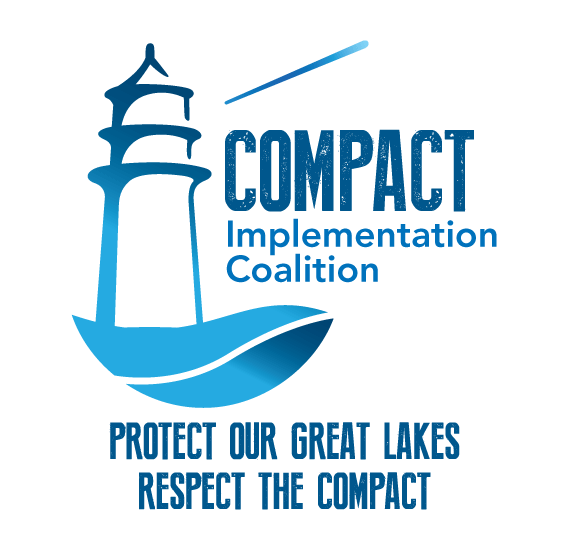Binational commission says efforts to prevent Great Lakes water diversions are working →
The Buffalo News, January 19, 2016
Author: T.J. Pignataro
When a Canadian businessman floated an idea in the late 1990s to ship hundreds of millions of gallons of Great Lakes water on tankers to bone-dry areas of the world, people living around the globe’s biggest freshwater reservoir grew worried about losing their lakes.
So Great Lakes states and provinces in the United States and Canada devised strict rules to prevent that from ever happening.
So far, even as the world’s population continues to grow and drought areas widen, the two countries have succeeded in preventing diversions of Great Lakes water, according to a report released Tuesday by the International Joint Commission.
“You could call it a report card on the region’s efforts to stop diversions over the last 15 years,” said David Dempsey, the U.S. policy adviser for the commission. “The grades are positive.”
But the threat may never go away.
That’s why the binational advisory commission charged with protecting
the shared waters between the U.S. and Canada recommended building redundancies into the Great Lakes Compact between the two nations by adopting a policy declaring that waters of the Great Lakes are held in “public trust.”
What that means, according to Dempsey, is that the basin’s waters are “owned by the public,” and that governments “should have to protect them on behalf of the public.”
“The public trust framework would be a back-stop if the compact was ever challenged,” Dempsey told The Buffalo News.
It’s an idea that has support from the Alliance for the Great Lakes, a regional advocacy organization.
“It is a law that is available for all citizens to use and it is strengthened further by using it to establish precedents,” said Nate Drag, watershed project coordinator from the Alliance’s Buffalo office, in a written statement. “On the other hand, the public trust doctrine only functions if governments diligently apply it, and if citizens use it.”
The commission in the late 1990s was asked by U.S. and Canadian officials to consider issues affecting the Great Lakes, chiefly water consumption and diversions from the watershed.
